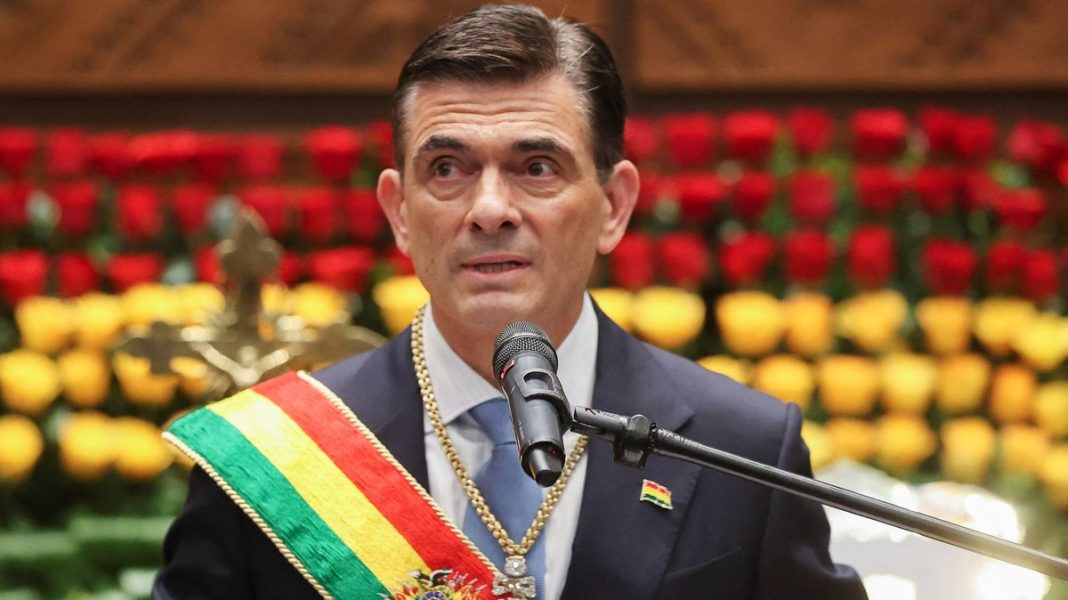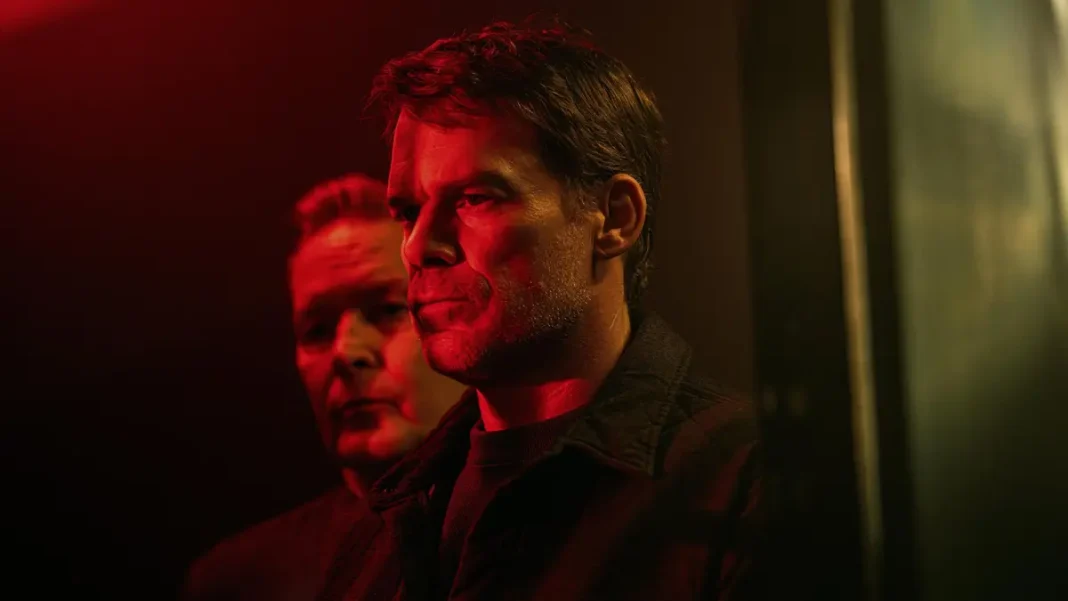In a significant political shift, Bolivia has elected Rodrigo Paz as its first non-leftist president in two decades. This election marks a pivotal moment in Bolivia’s political landscape, demonstrating a change in public sentiment and political dynamics.
The Election Outcome

Rodrigo Paz’s victory ends a 20-year era dominated by leftist politics in Bolivia. Known for his moderate stance and focus on economic reform, Paz’s election is seen as a response to growing public demand for change and diversification in political representation. His campaign emphasized economic stability, transparency, and anti-corruption, attracting a broad coalition of voters from various sectors of society.
Analysts suggest that Paz’s election could alter Bolivia’s economic strategies, potentially leading to policies more aligned with market-friendly approaches. His administration is expected to prioritize improving the business climate, attracting foreign investment, and fostering sustainable growth.
Reaction from Bolivian Society

The reaction from the Bolivian populace has been mixed. Supporters of Paz are optimistic about potential economic improvements and a departure from the policies of the past two decades. Many believe his leadership could foster a new era of economic prosperity and international collaboration.
However, leftist factions and supporters of the previous administration express concerns over potential policy reversals on social programs and public services. These groups worry that Paz’s presidency might lead to increased privatization and a reduction in state-led initiatives that have long been the cornerstone of Bolivia’s social policy.
International Perspective

Internationally, Rodrigo Paz’s election is being closely watched by neighboring countries and economic partners. Many are curious to see how this political shift might affect Bolivia’s regional alliances and trade relationships. Paz has indicated a willingness to work closely with international organizations, aiming to improve the nation’s standing on the global stage.
The United States and European Union have expressed a readiness to cooperate with the new Bolivian administration, potentially opening doors to new trade agreements and economic partnerships. This could signify a strategic realignment of Bolivia’s foreign policy priorities.
Challenges Ahead

Despite the optimism surrounding his election, Rodrigo Paz faces significant challenges. The task of unifying a politically and socially polarized nation will be daunting. Balancing economic reforms with social welfare commitments will require strategic dexterity and effective leadership.
Paz’s administration will need to address pressing issues such as poverty reduction, infrastructure development, and education reform. Ensuring equitable economic growth while maintaining national stability will be critical to his success and legacy.
Rodrigo Paz’s presidency heralds a new chapter for Bolivia, marked by potential economic revitalization and political transformation. As the nation navigates this change, both domestic and international observers will be keenly interested in the trajectory of Paz’s leadership.
Source: Official Bolivian Government website.





